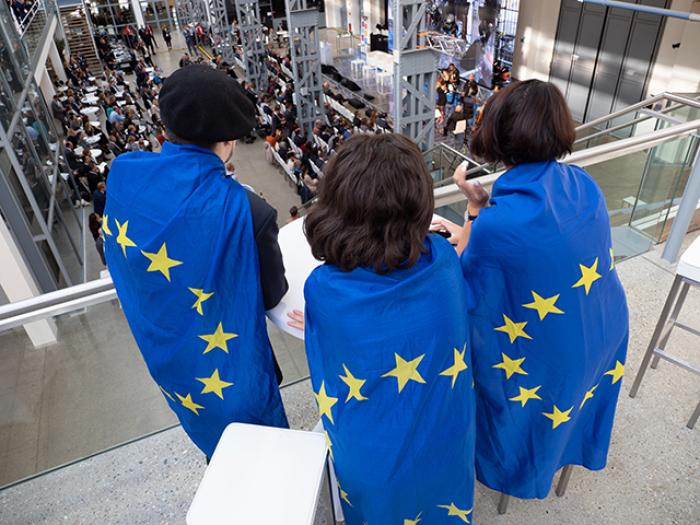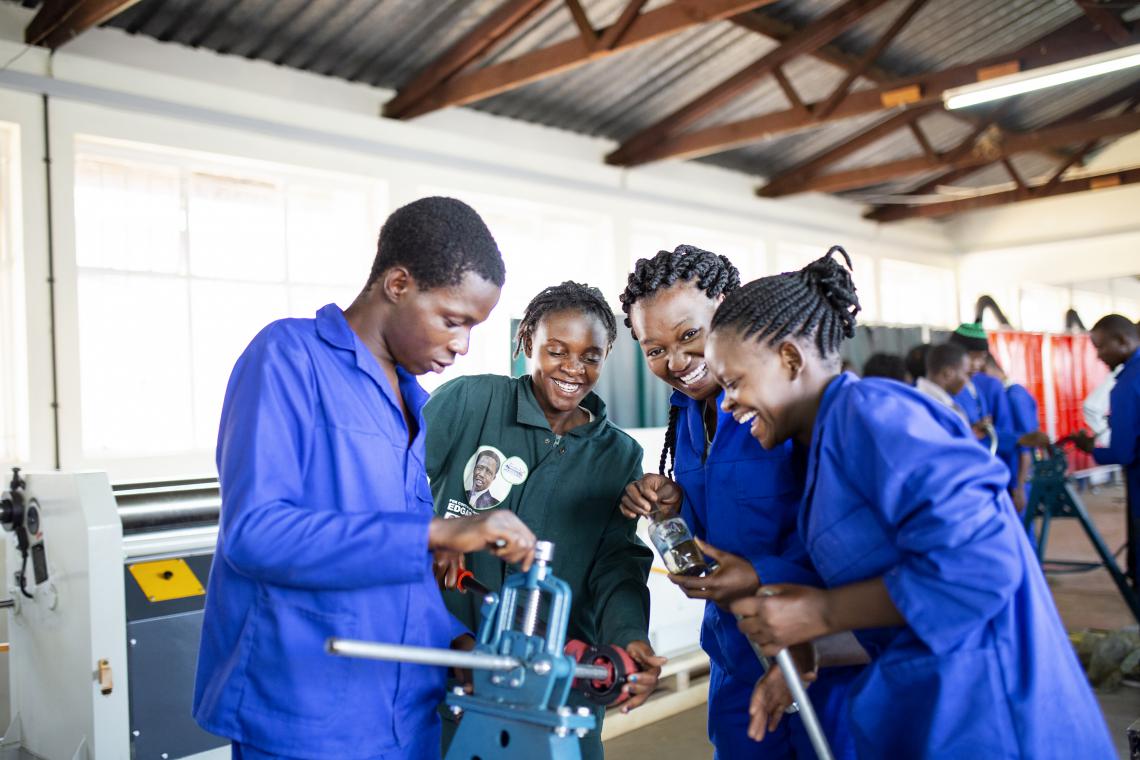As restrictions are eased, asylum applications in the EU+ increase significantly, but remain at half pre-COVID-19 levels
Following the gradual relaxation of emergency measures in EU+ countries,1 in June about half as many applications for international protection were lodged compared to the months immediately prior to the COVID-19 outbreak in Europe.
The impact of emergency measures on asylum trends continued to be visible in June. Although the 31 500 applications in June represented a threefold increase from May, this number was still at about half the level prior to the pandemic. In fact, almost all EU+ countries received fewer applications in June than in the first two months of the year. In the first half of 2020 the overall number of asylum applications dropped by 37 % compared to the same period in 2019.
In the coming months, applications for asylum are expected to continue rising but albeit slowly because asylum services are likely to remain partially limited plus travel restrictions with third countries will continue to reduce entry opportunities, especially in the event of a second wave.
Repeated applications are those that are lodged by applicants in the same country following a previous application that was rejected or discontinued. In June, the share of repeated applications decreased slightly (11 %) but remained higher than pre-COVID-19 levels (8 – 9 %).
Syrians and Afghans continued to lodge the most asylum applications, followed by Venezuelans and Colombians who suddenly started to lodge more applications after two months of very low levels indeed.
For the fourth successive month, first instance decision making exceeded the number of applications that were lodged: in June, over 34 300 first-instance decisions were issued, somewhat more than in May which demonstrates that many asylum services have been able to continue issuing decisions despite this year’s challenges. Indeed, decision making has been rather less affected by the emergency measures in EU+ countries, but the temporary suspension of face-to-face interviews for some time seems to have prevented a more sizeable increase in decisions.
In turn, the number of pending cases at first instance continued to decrease slightly for the fourth month in a row. However, with some 426 700 applications awaiting a decision at first instance at the end of June, the number of pending cases remained significant.
For more information and an interactive data-visualisation, please visit the Latest Asylum Trends page.
[1] Includes European Union Member States, Norway, and Switzerland.


